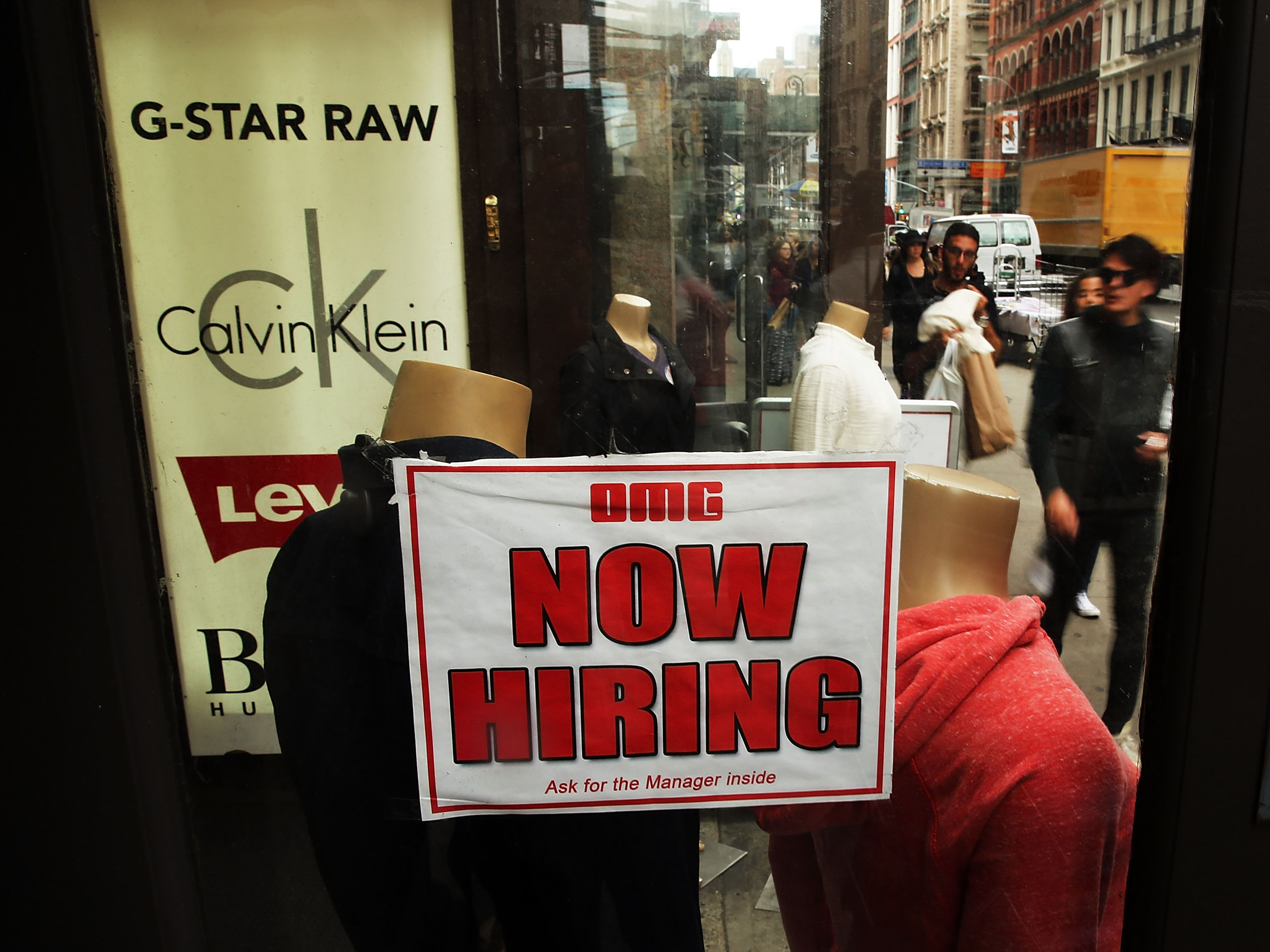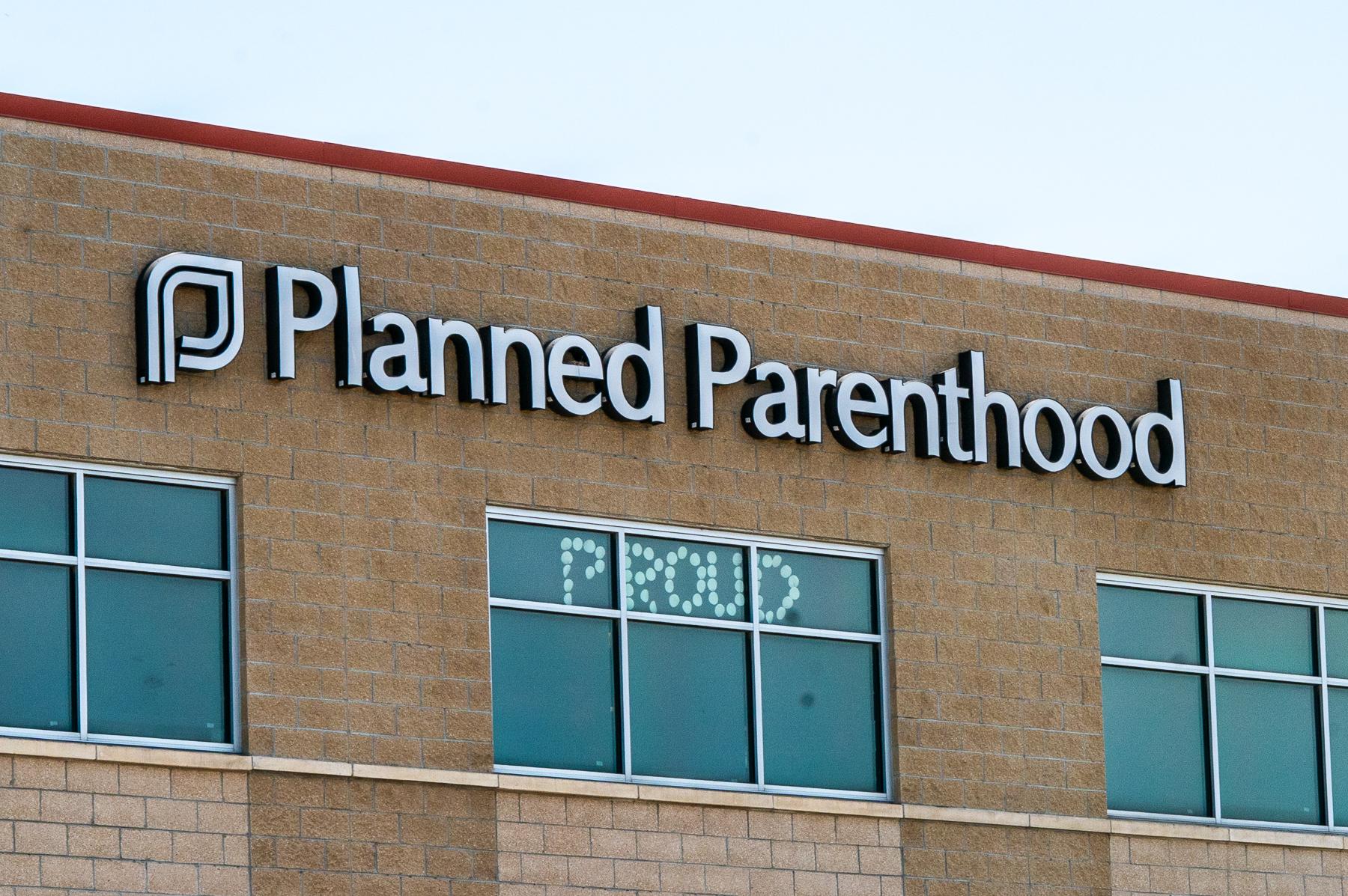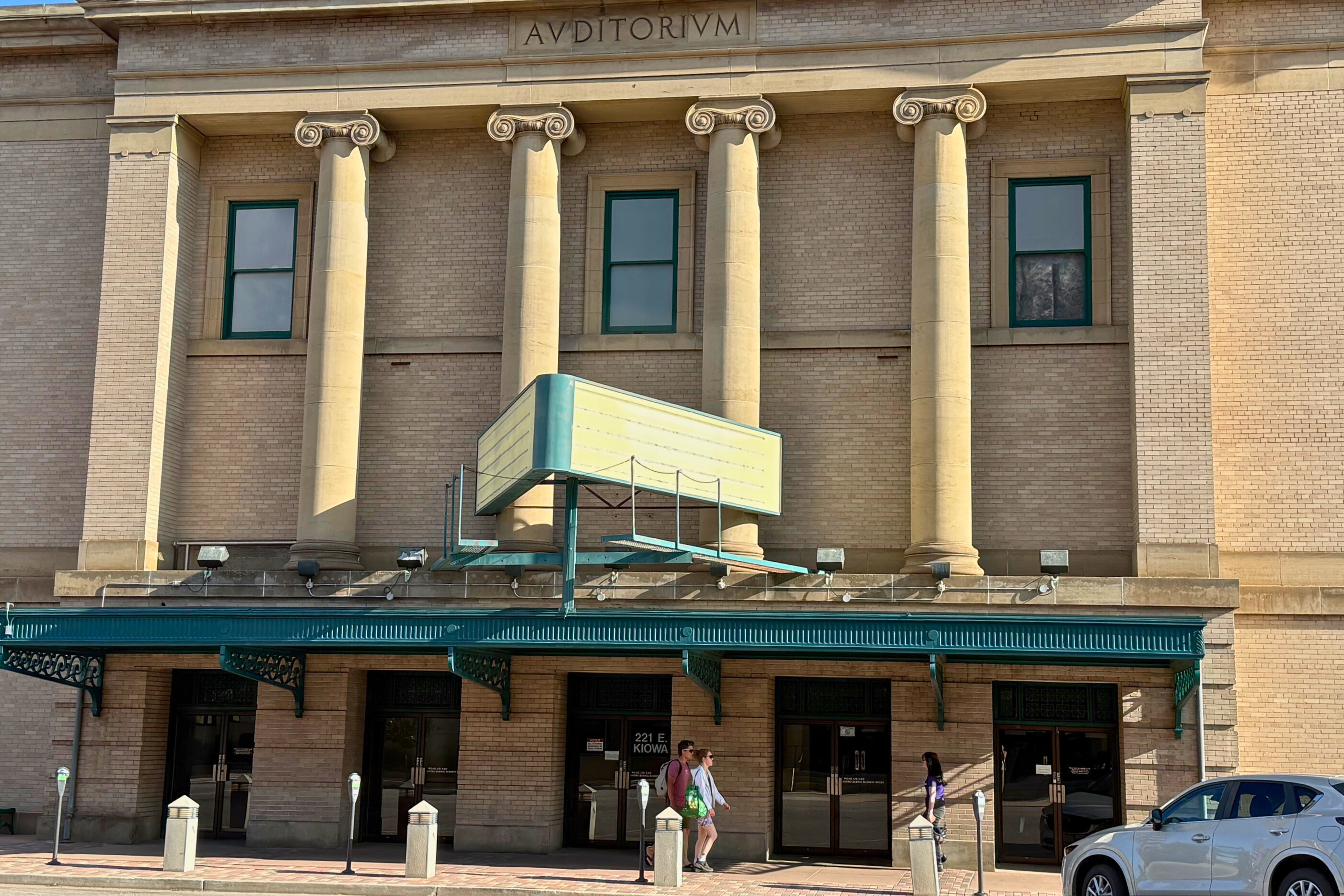
Colorado gained 1,500 jobs last month, preliminary estimates show, even as the private sector lost jobs.
According to the state's labor department, the government added 1,700 jobs, which masked the loss of 200 private jobs.
The construction industry had the biggest monthly losses, according to state economist Ryan Gedney. Gedney attributes the weakness to higher interest rates. The construction business is sensitive to interest rates because builders borrow money to finance their projects.
“I do think this is kind of like what we’re seeing with other industries like finance and insurance that are interest rate sensitive,” Gedney said during a conference call with reporters.
Federal regulators are using higher interest rates to tap the brakes on the economy in an attempt to get inflation under control. Financial analysts are predicting an end to interest rate hikes after the U.S. Labor Department reported the lowest inflation in two years for October.
The job market in Colorado has held up reasonably well in the face of higher interest rates. But the growth isn’t evenly distributed. The government has added the most jobs this year, while the private sector has lost jobs in six of the past 12 months, according to Gedney.
Colorado’s labor department is getting ready to release updated estimates on what’s going on with the state’s job market. The monthly job numbers have been volatile lately, subject to large revisions as new information comes in. That makes it difficult to draw broad conclusions from a single month of data.
Gedney said the updated estimates, which cover April, May, and June, will show that private sector jobs have been significantly undercounted. Part of the reason for the disconnect is that companies aren’t responding to monthly surveys the way they used to, he said.
Colorado’s job growth rate is lagging behind the U.S. rate. Over the past year, Colorado’s job market has grown 1.1 percent, compared to 1.9 percent for the U.S. Gedney predicts that the gap will shrink when the updated figures are released.
Colorado’s unemployment rate ticked up slightly last month from 3.2 percent to 3.3 percent. U.S. unemployment has been rising in recent months as well, though it remains historically low.
Economists have watched for signs of a recession for more than a year as higher interest rates take a bite out of spending power. So far, it hasn’t happened. But job growth is slowing, and recent data show people are starting to cut back on spending.
While Gedney isn't calling for a recession, he said there are some pockets of concern, like construction. He also noted potential trouble spots emerging in agriculture and financial activities.
“I think the probability [of a recession] is still low,” Gedney said. “We might be seeing a divergence of some strong growth industries and some weaker growth industries.”









